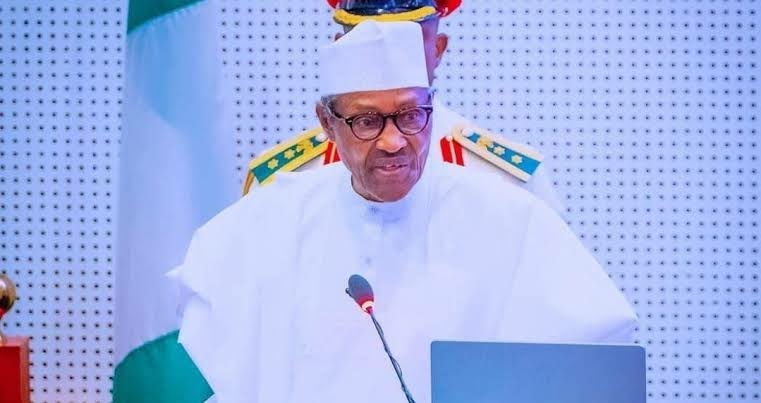Dr Sa’ad Abdullahi, thevAg. Dean, Faculty of Pharmaceutical Sciences, University of Ilorin (Unilorin) has called for increased in budgetary allocation for education and healthcare in line with best global goals.
Abdullahi made the appeal on Thursday in Ilorin while fielding questions from the News Agency of Nigeria (NAN) on the 2023 Budget proposal submitted to the National Assembly (NASS) by President Muhammadu Buhari.
Buhari had presented N20.51 trillion for the 2023 fiscal year for consideration by the chambers of the NASS.
He told the News Agency of Nigeria (NAN) that the proposed Revenue and Expenditure estimates of N9.73 trillion and N20.51 trillion, respectively, are the largest (nominally) in Nigeria’s history.
According to him, this results in the highest fiscal deficit (the difference between Revenue and Expenditure) of N10.78 trillion witnessed since 1999, when the country’s current democratic dispensation began.
“It also represents 4.78 per cent of Gross Domestic Product (GDP). The Expenditure budgeted sum of N20.51 trillion is a 19.8 per cent increase when compared to the N17.13 trillion of 2022 plus the supplementary budget,” he said.
Abdullahi explained that out of the total revenue of N9.73 trillion set aside to fund the budget for the year, approximately the same amounts of N1.08 trillion and N1.09 trillion were budgeted for education and health, respectively, compared to N1.24 trillion that was budgeted for defence.
“The N1.08 trillion earmarked for the education sector, crossed the N1 trillion mark for the first time, but only accounted for 5.3 per cent of the total budget allocation for the year.
“This is significantly lower than the United Nations Education, Scientific and Cultural Organisation’s benchmark for the funding of the educational sector.
“The international benchmarks recommend allocating 15 to 20 per cent of public expenditure to education and 4-6 per cent of Gross Domestic Product (GDP).
“One out of five out-of-school children in the world is a Nigerian and both individuals and the country will benefit from investment in education. Unfortunately, the country’s education budget has been declining for years,” he noted.
The don also observed that the most recent being a mere 5.6 per cent of the 2021 budget, much below the recommended benchmark.
He pointed out that at the Global Education Summit in London in July, 2021, the president promised that he would increase the budget for education by 50 per cent between 2022 to 14 per cent and 2023 to 16.7 per cent.
“Mr President also said education expenditure would be increased by up to 100 per cent by 2024 (to 20%) and 2025 (to 22.5%) beyond the 20 per cent global benchmark.
“While it was agreed that the 2021 budget was the worse in 10 years after 2011, that of 2022 also recorded a sad recurring decimal,” he lamented.
He asserted that in the face of 50 per cent increase, 8.4 per cent was expected, which is an equivalent of N1.14 trillion.
Besides, Ahmed observed that unfortunately, it was approximately N0.92 trillion out of the total budget of N17.13 trillion, which is 5.4 per cent.
He added that going by the 2023 budget for education, it seemed the president has forgotten he made a commitment in 2021 to increase education funding by 50 per cent over the next two years.
He observed also that compared with the second-largest African economy after Nigeria, shows that South Africa is to spend 20.4 per cent of its total consolidated government expenditure on education, which is very commendable for a nation with a population of approximately 62 million people versus 200 million people in Nigeria.
“Education is no doubt at the heart of the world’s 2030 Agenda for Sustainable Development.
“Not only is it a stand alone goal (Goal 4), it is also a target contributing to other Sustainable Development Goals (SDGs) on health and well-being (Goal 3), decent work and economic growth (Goal 8), responsible consumption and production (Goal 12) and climate change mitigation.

















Discussion about this post